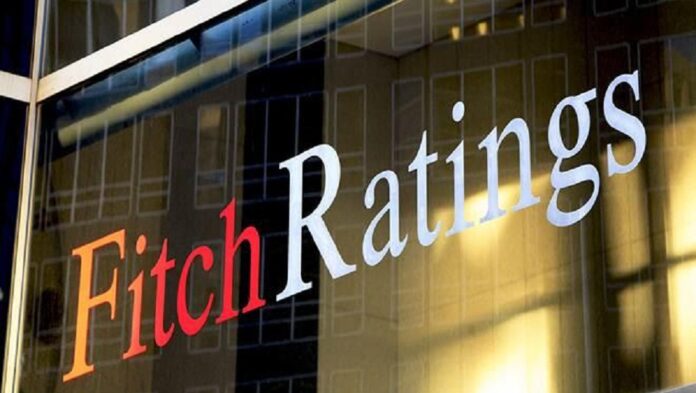Rated Sri Lankan corporates in consumer-goods retail, power generation and home building will be among the most affected if the economic crisis deepens or is sustained for a prolonged period, says Fitch Ratings.
According to the New York-based credit rating agency, significant cost inflation affecting demand and profitability, import restrictions disrupting operations, and high-interest rates are key risks faced by domestic corporates in the next 12-18 months.
Based on Fitch’s base case forecast assumptions, Fitch Ratings projects that most other corporates will be able to weather the current economic downturn, supported by their presence in defensive industries, weakened competition, strong balance sheets, and adequate liquidity.
Fitch remarked that most rated corporates posted strong revenue growth and expanding margins in their June 2022 quarterly results due to inflation-led price hikes and sale of lower-cost inventory purchased prior to the sharp devaluation in the local currency in March 2022, however, the cost of new inventory has risen sharply since then, while high inflation and falling affordability will make it challenging to raise selling prices further.
There is also a significant increase in operating costs, which will be reflected more acutely in the next few quarters, and it is likely to pressure cash flow, the credit rating agency added.
Fitch estimates around 50% of our rated issuers would see rating pressure if economic conditions worsen in the next 12-18 months.
“The extension of an ongoing import ban beyond the next six months, a further rise in interest rates, prolonged high inflation leading to difficulties in raising selling prices, and delays in receipts from government counterparties could lead to a rapid deterioration in some companies’ liquidity positions, while leverage and interest coverage could weaken beyond our negative rating sensitivities.”
Some rated Sri Lankan corporates are more affected by the challenging macroeconomic environment stemming from the Sri Lanka sovereign’s distressed credit profile, Fitch Ratings says.
Sri Lankan corporates are grappling with rising costs and weakening disposable incomes, while the country’s weak foreign-currency reserves will continue to pressure imports, and the unprecedented spike in interest rates will raise borrowing costs and weaken financial flexibility.
Many other corporates face revenue and margin pressure from either their exposure to imported goods, discretionary demand, government expenditure, or high short-term debt.
However, most rated corporates have adequate headroom in terms of low leverage, sufficient interest cover and liquidity to weather challenges in the next 12 months.
Despite the challenges in the last 12 months, Fitch estimates that the aggregate leverage of rated
Corporates with exposure to discretionary demand, imported finished goods or government expenditure should see revenue fall by a sharper 15%-20% on average.
